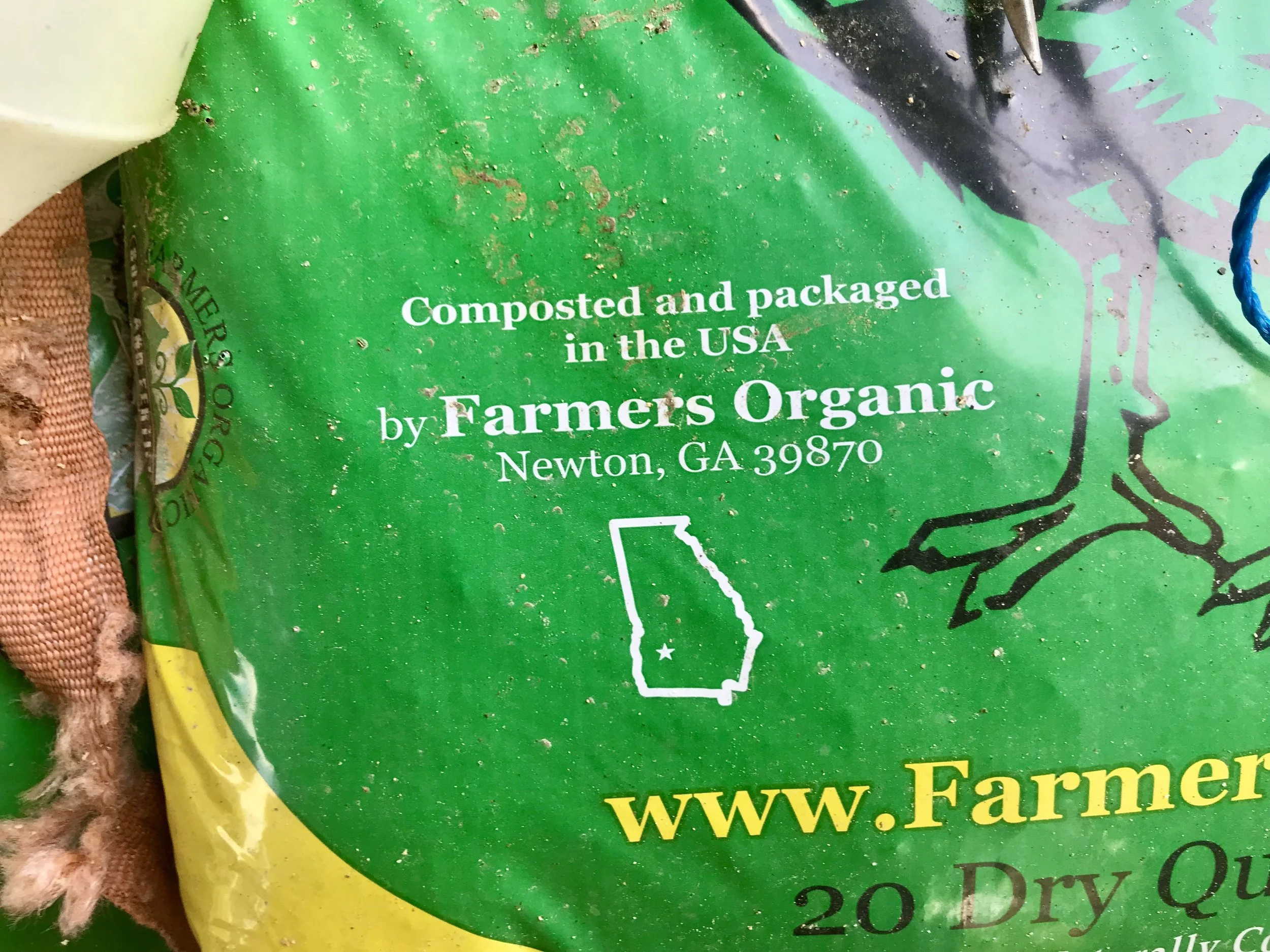Southern Press & Packing in Blackshear, Georgia received a Value-Added Producer Grant to process and market its blueberry juice.
Lisa Held of Civil Eats was kind of enough to interview me for her piece about proposed cuts to the Value-Added Producer Grant program in the Senate’s 2020 budget. I can’t say that I offered any earth-shattering information or scintillating quotes, but I was happy to speak on behalf of a forward-thinking program that has proven to be extremely beneficial for rural economies.
You should read the whole article, but here’s my part in a nutshell:
In rural Georgia, Donn Cooper owns Cooper Agricultural Services and has helped about a dozen small farms apply for Value-Added Producer Grants since 2014. Whether those farmers were selling organic peanuts, turning sunflower seeds into oil, or turning wheat into beer, Cooper said they have one thing in common: in a landscape that makes staying in business a challenge, they’re all still farming.
“I don’t have economic indicators or data,” he said. “But, the very, very small farms were the first ones I did, and they were able to maintain. That’s a positive. Everybody else has been able to expand or hire additional people for their operations.”
The USDA’s Economic Research Service has real data that supports Cooper’s hunch. In 2018, its researchers compared the survival and growth of VAPG recipients to similar businesses that had not received grants. It found that the grant recipients were 89 percent less likely to fail two years later compared to businesses in the control group. And the bigger the grants, the less likely they were to fail. Recipients also employed an average of five to six more workers (about a 40 percent increase) compared to non-recipients 1 to 5 years after grants were received.
“It really is a significant investment in rural America,” Cooper said. “USDA is looking at your operation and looking at your projections and saying, ‘You know, if we support this particular operation, we know it’s gonna create jobs and economic activity.’”


